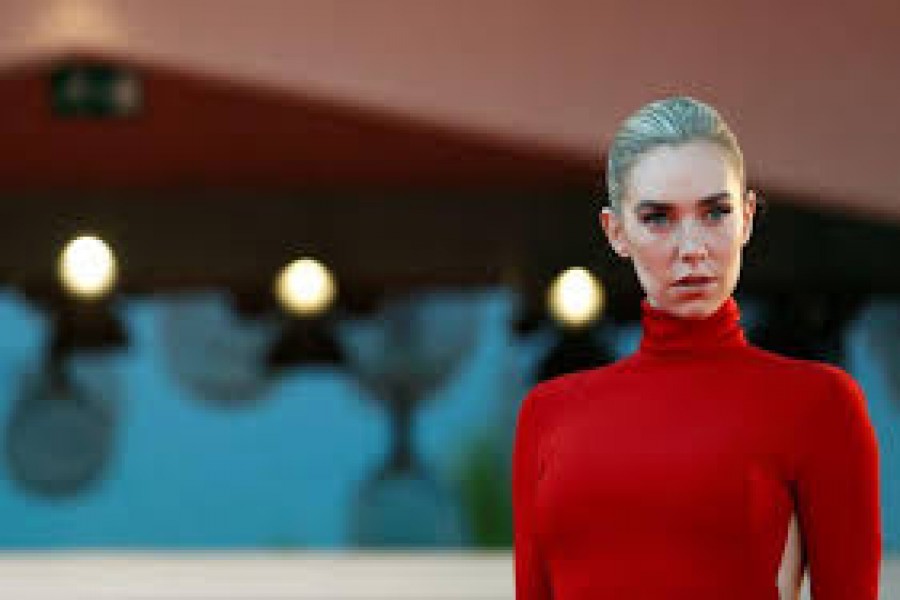Vanessa Kirby has never had a baby but she says she can’t wait to give birth despite her harrowing performance as a woman whose home delivery ends in tragedy in “Pieces of a Woman,” out on Netflix this week.
The British actress spent time with pregnant women and those who had suffered stillbirths or miscarriages while preparing for a role that she said scared her with the weight of its responsibility. One woman allowed Kirby to be present at the birth of her child.
“I didn’t know anything about labor. And I definitely didn’t know anything about losing a baby. And those things scared me because I thought, if I get this wrong, I’m letting down every woman who’s ever given birth,” she said.
“We see a lot of men die (on screen), but you don’t see a lot of women giving birth,” Kirby added.
The 32-year-old British actress has received glowing reviews and a Venice film festival award for playing a young woman looking forward to being a mother but whose life is upended by loss and grief. The 24-minute opening home birth sequence was filmed in a single, unbroken take.
Kirby, who also played the young Princess Margaret in TV series “The Crown,” says that far from putting her off, making the film had made her more eager to one day have a child herself.
She described childbirth as an “incredible thing, this like primal, animal, act of creation. It’s miraculous.”
“I don’t know when it’s going to happen but I’m really looking forward to giving birth. And I can’t wait.”
The film, co-starring Ellen Burstyn and Shia LaBeouf, was inspired by a personal experience of loss suffered by its Hungarian director, Kornel Mundruczo, and his screenwriter wife Kata Weber.
Weber said making the film “feels like therapy for us.”
“This served as something that can break the silence and it feels like it could be the case for others too,” she said.


